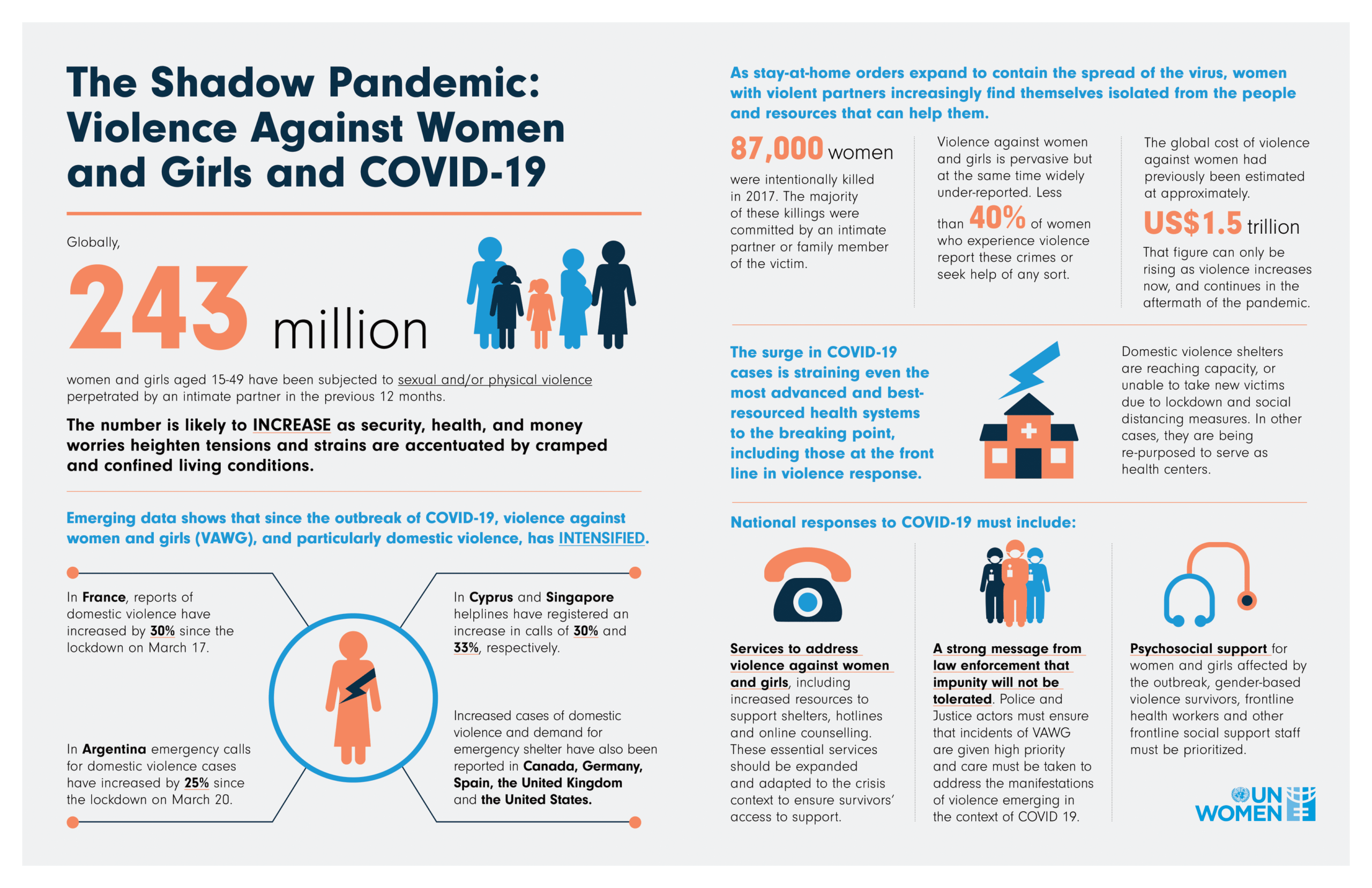Women’s rights champion Sima Samar headlines third annual retreat for Afghan women leaders
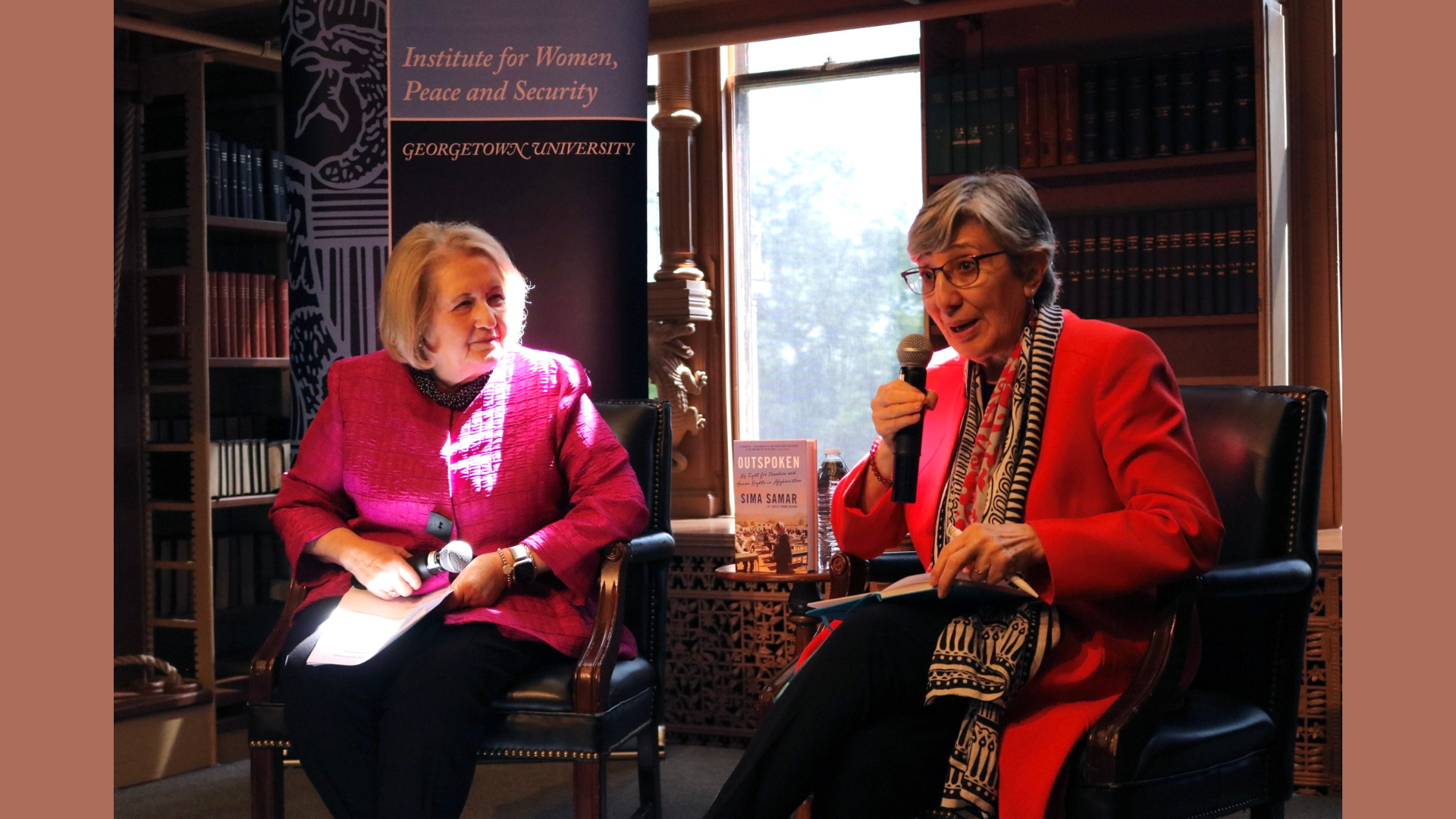
The Georgetown Institute for Women, Peace and Security (GIWPS) hosted its third annual retreat for Afghan women leaders last week. The leaders gathered to hone their advocacy skills and coordinate their efforts to combat the Taliban’s escalating restrictions on Afghan women’s rights and detention of women’s rights activists inside the country. The event included workshops on policy and advocacy, discussions with members of the United Nations Human Rights Council and State Department, and a luncheon with former Chairperson of Afghanistan Independent Human Rights Commission and the first Minister of Women’s Affairs of Afghanistan Dr. Sima Samar.
“The Taliban are methodically and intentionally making Afghanistan unlivable for women…relegated to the status of second-class citizens, women and girls have no space for recourse in a system of gender-based segregation so severe that it has been described as gender apartheid,” said GIWPS Executive Director Ambassador Melanne Verveer in her opening remarks.
The participants of this year’s retreat consisted of Afghan women leaders, most of whom were forced to flee Afghanistan in August 2021 after the Taliban took power. GIWPS worked with partners to evacuate many of them from Afghanistan—along with some 1,200 others—because their roles as high-profile activists, journalists, and government officials made them prime targets of the Taliban.
“We are women from diverse backgrounds, united by a common purpose: to support and uplift our Afghan sisters in their quest for peace, equality, and justice,” said a third-year participant of the retreat, Lima Anwari.
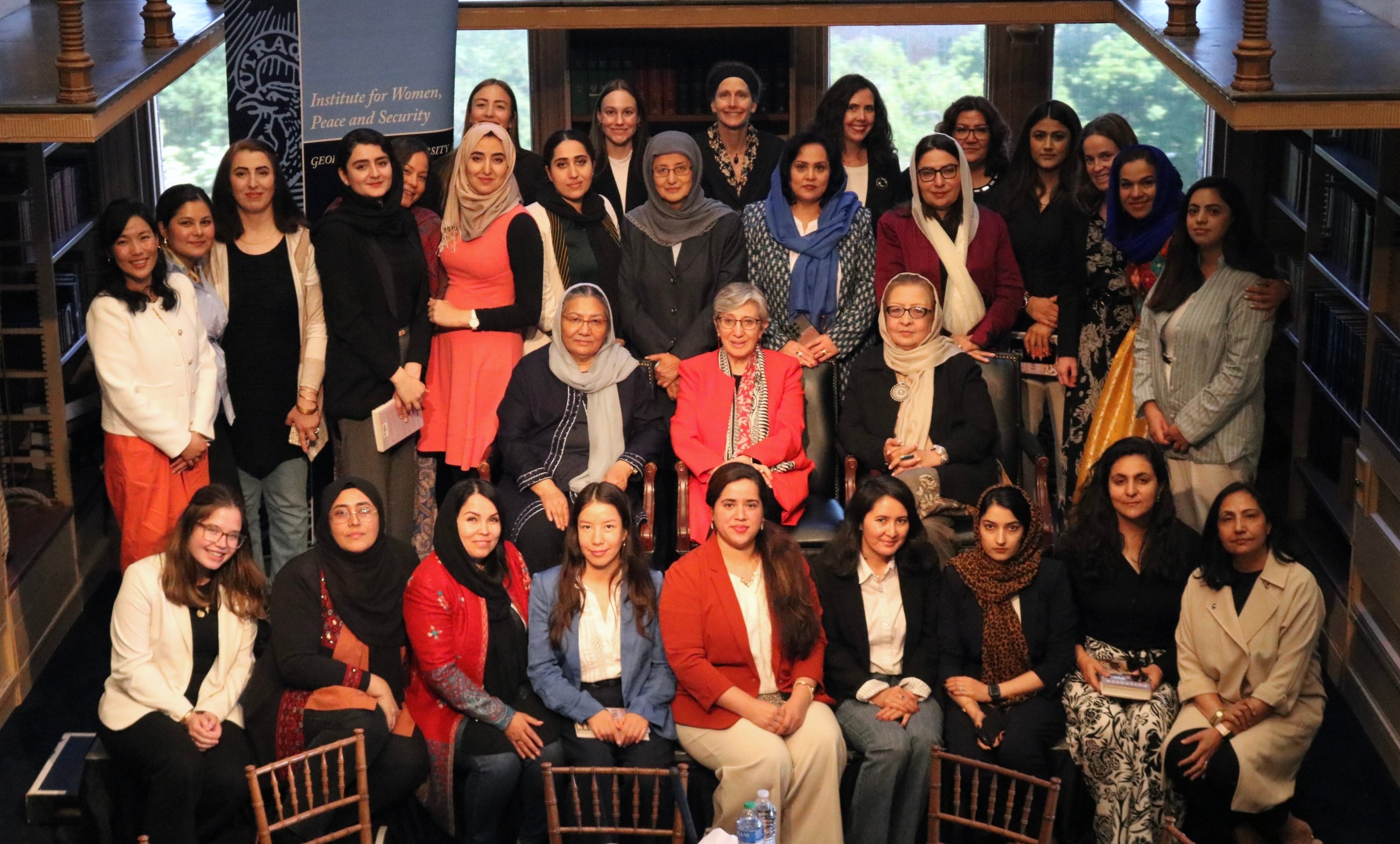
The annual retreat is a key component of GIWPS’ Onward for Afghan Women initiative, which aims to equip these exiled leaders with the skills and opportunities to continue their advocacy on behalf of Afghan women and girls.
“No dictatorship stays forever, no regime will be sustainable if they do not include the people, particularly women…but I think it is a long way and that long struggle requires commitment, risk, and unity,” said Dr. Samar during her discussion.
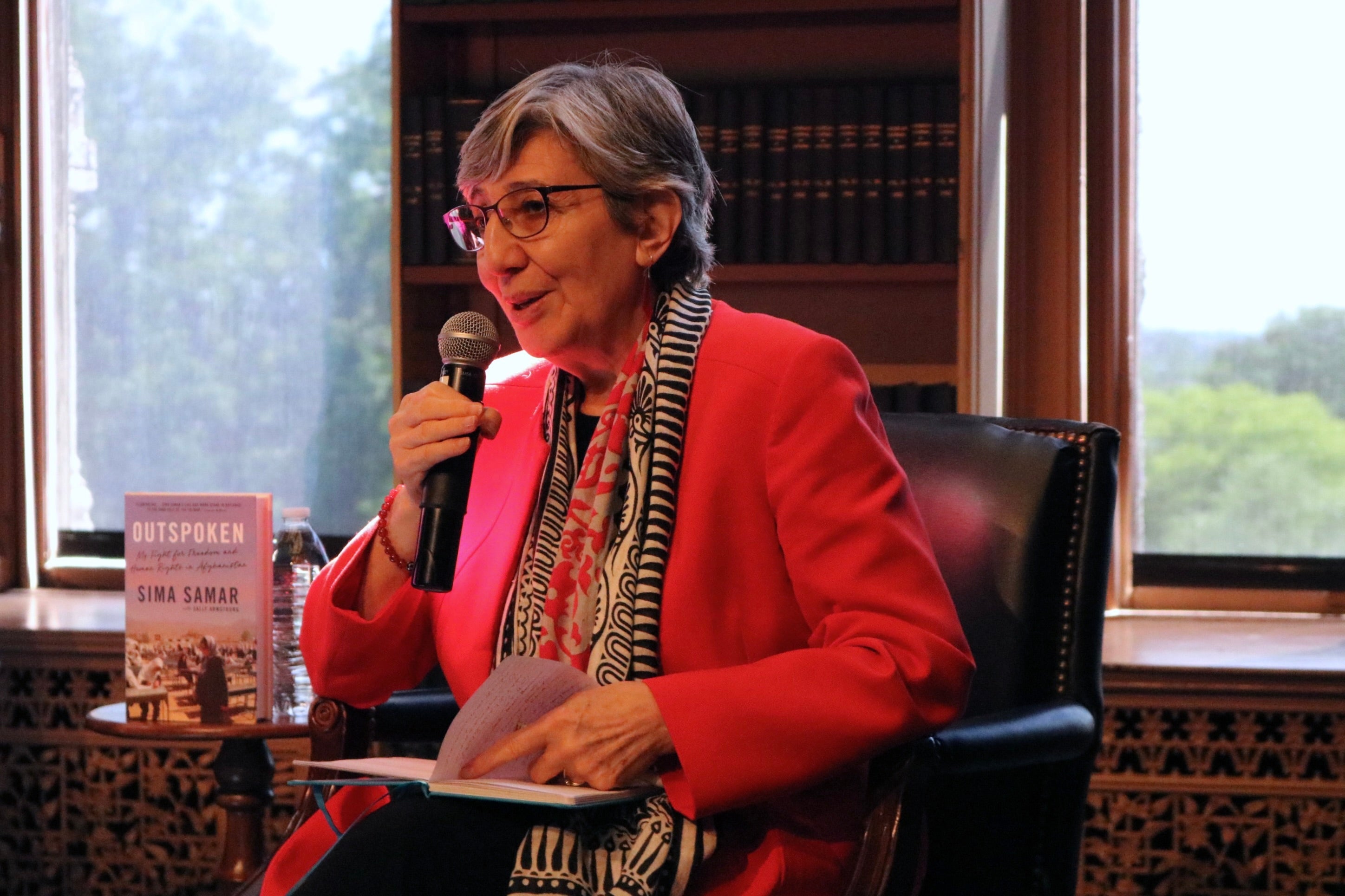
Dr. Samar, who was also forced to flee the country in August 2021, spent decades fighting for equality and building schools and clinics across Afghanistan for women and girls. Dr. Samar frequently visited Georgetown University while she served as Minister for Women’s Affairs in Afghanistan. However, her participation in the Onward retreat was her first time back at Georgetown after the Taliban takeover. Her main call to action was to be united in the fight against the Taliban’s systematic oppression of Afghan women and remain hopeful despite the dire circumstances.
“If we want to exist, if we want to live with dignity, we have to continue to struggle,” said Dr. Samar when asked how she holds onto hope. “If you send money for a pen and pencil for one girl in your own village, that is resistance and hope.”
Other high-level guest speakers included human rights activist Shaharzad Akbar, Special Rapporteur on the situation of human rights in Afghanistan Richard Bennett, US Special Representative to Afghanistan Thomas West, and US Special Envoy for Afghan Women, Girls, and Human Rights Rina Amiri.
Participants of the retreat presented recommendations on topics of human and women’s rights, economic recovery and humanitarian aid, women’s participation and diplomatic engagement, accountability and justice, and education during a panel discussion. Some of the recommendations included supporting the codification of ‘gender apartheid’ to combat the Taliban’s crimes against women and girls; bringing the Taliban to an international court of law for their crimes against humanity; providing remote jobs for women, youth, and people with disabilities who can no longer work; and initiating alternate forms of education so that women and girls can continue learning.
Recommendations, policies, and the intricate details of implementation were numerous, diverse, and debated. However, the main message remained the same: strategy, unity, and commitment to human and women’s rights in Afghanistan is crucial to everyone.
“Ignoring Afghanistan isn’t going to help any conflict or anyone, and in fact, ignoring Afghanistan will be a problem for everyone,” said Dr. Samar.
Explore More
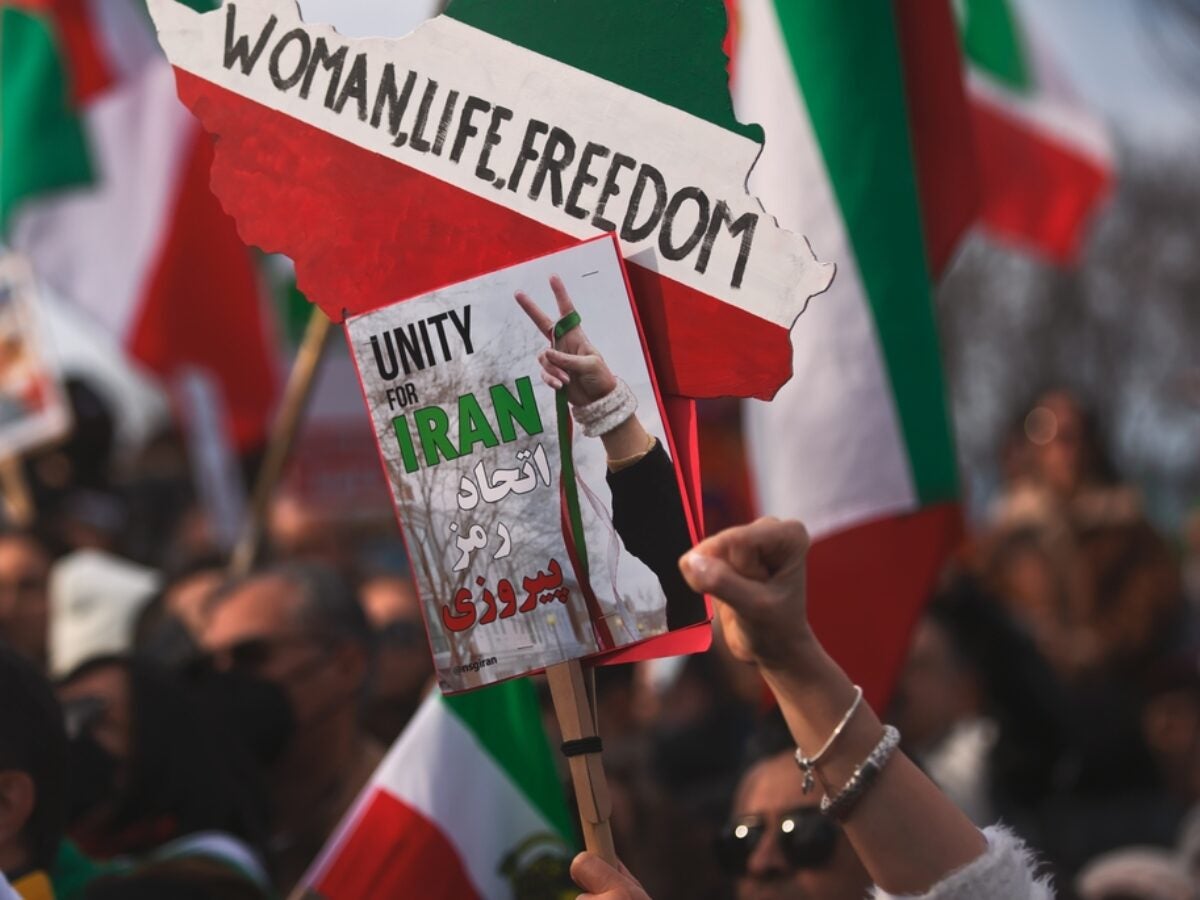
GIWPS Analysis: Iran’s Escalating Political Repression and the Arrest of Narges Mohammadi
Iranian authorities detained 2023 Nobel Peace Prize awardee Narges Mohammadi during a…
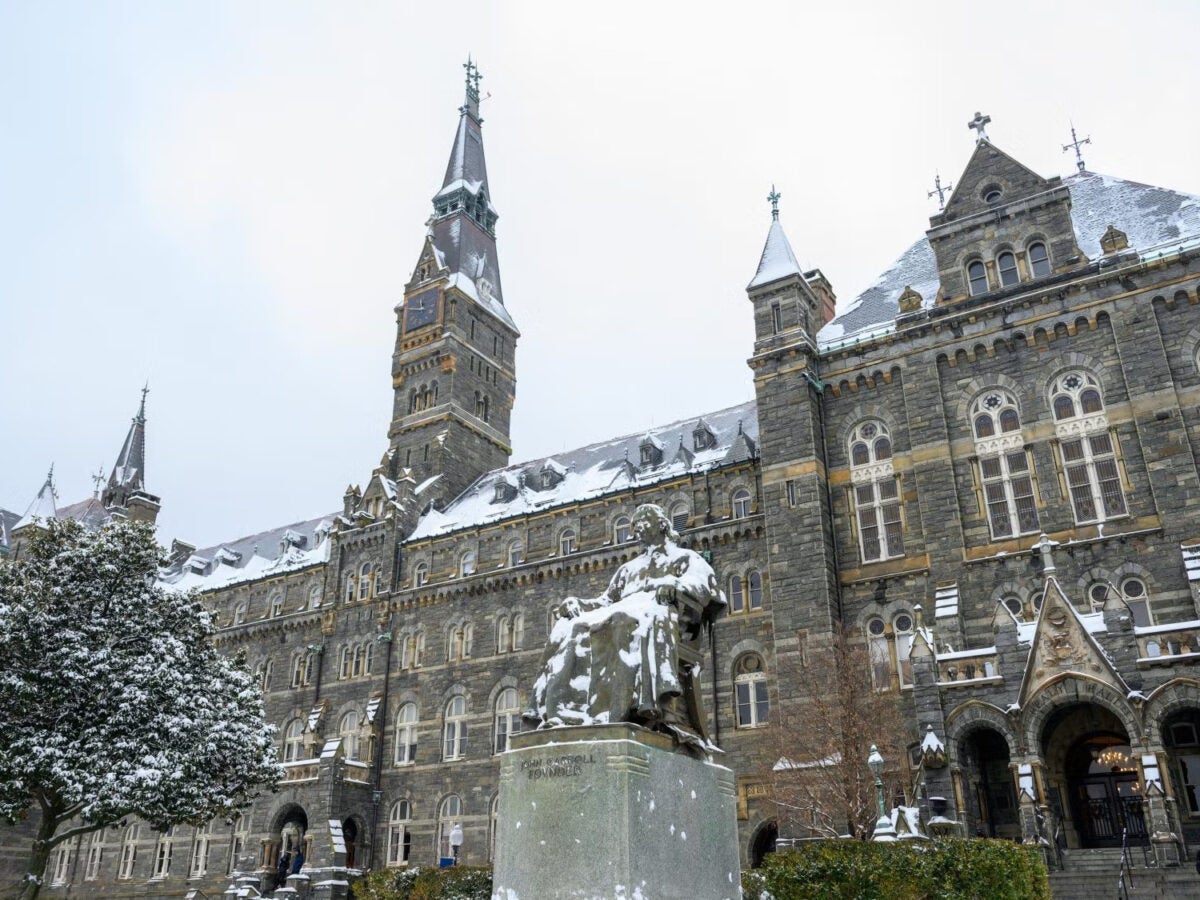
End of Year Reflections
This year has been particularly challenging for peace around the world, with…
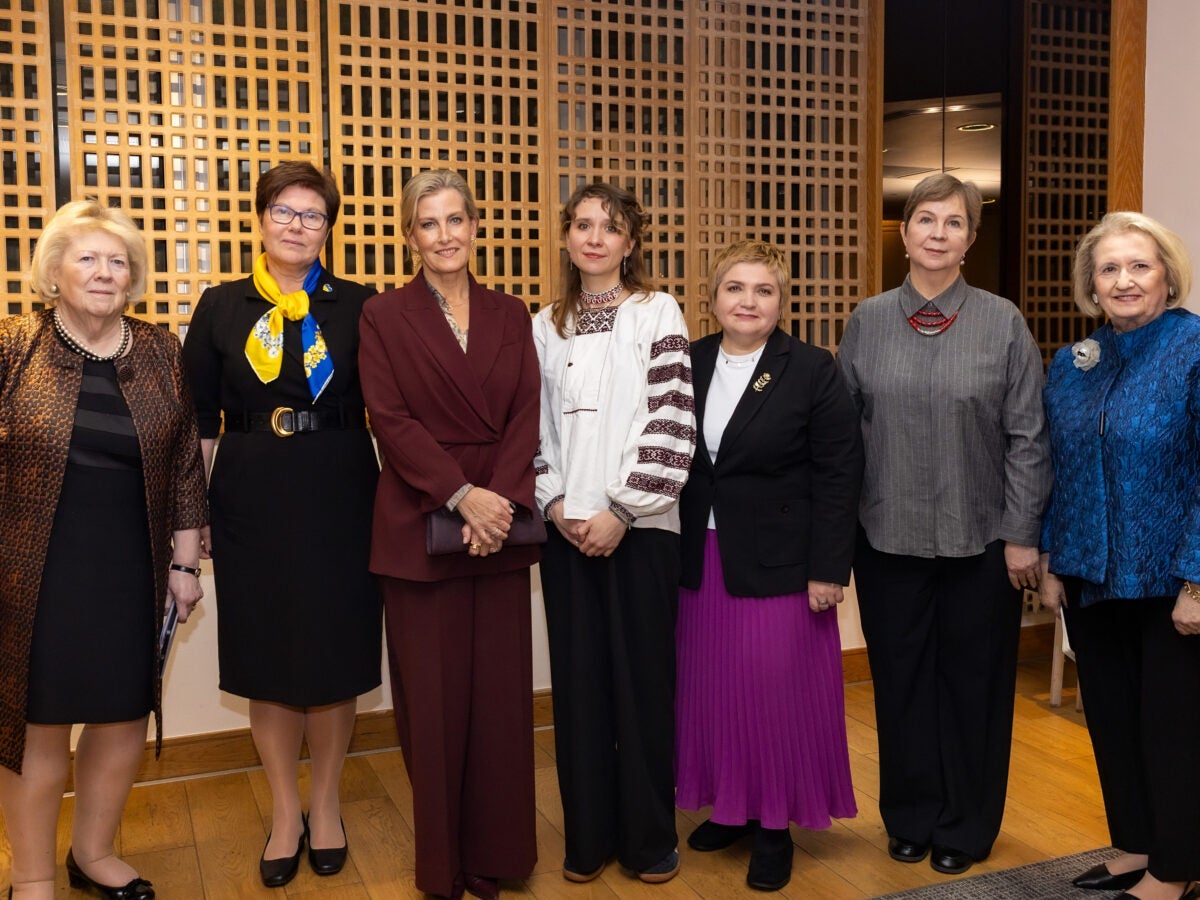
“No Amnesty, No Silence:” Ukrainian Women Urge Accountability for War-Time Sexual Violence
Last week, the Georgetown Institute for Women, Peace and Security (GIWPS) brought…
